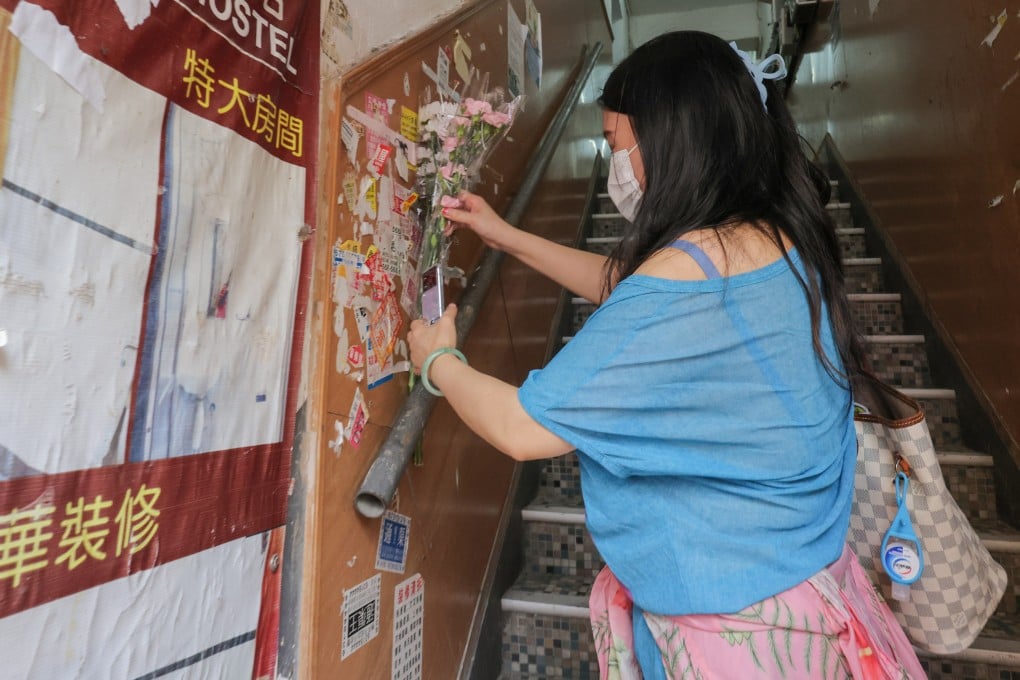Advertisement
Opinion | Hong Kong’s mental health crisis demands the attention of everyone
- Recent killings have put mental health, and the stigma associated with it, back in the spotlight and society needs to come together to deal with the traumas
- Government efforts to address growing mental health concerns are welcome, but they don’t go far enough
Reading Time:3 minutes
Why you can trust SCMP
2

The killings in Diamond Hill and Sham Shui Po that occurred just days apart last week have rocked Hong Kong. The two tragedies could not be more different. One was a seemingly random attack where the victims did not know the suspect; the other involved a mother who allegedly suffocated her three daughters.
However, the incidents have put mental health front and centre once again in the city. As a community, we must take this on together.
The government has an important and leading role to play, of course, allocating resources and setting policy priorities to ensure that mental healthcare and support are accessible.
Advertisement
Even in the best of times, resources are finite. The worst of times, such as the three years of the Covid-19 pandemic, demanded that the focus of our health authorities was on fighting the virus. This meant disruptions to healthcare, including mental healthcare, services and more. Meanwhile, the disruptions brought on by the pandemic – prolonged isolation, repeated school suspensions, business closures, loss of jobs, fear of infection and so on – created an unprecedented global mental health crisis.
The world has faced a double whammy amid the pandemic, with an increase in the prevalence of mental health issues that coincided with disruptions to mental health services. According to the World Health Organization, the pandemic triggered at least a 25 per cent increase in the prevalence of anxiety and depression worldwide.
Advertisement
The mental toll of simply surviving is huge. Hong Kong experienced what researchers have called a “crisis level” in its suicide index during the pandemic. The city’s suicide rate for children under 15 hit record levels in 2021. The number of Hong Kong students with mental health problems more than doubled from four years ago, surpassing 1,400, during this past school year.
Advertisement
Select Voice
Choose your listening speed
Get through articles 2x faster
1.25x
250 WPM
Slow
Average
Fast
1.25x

